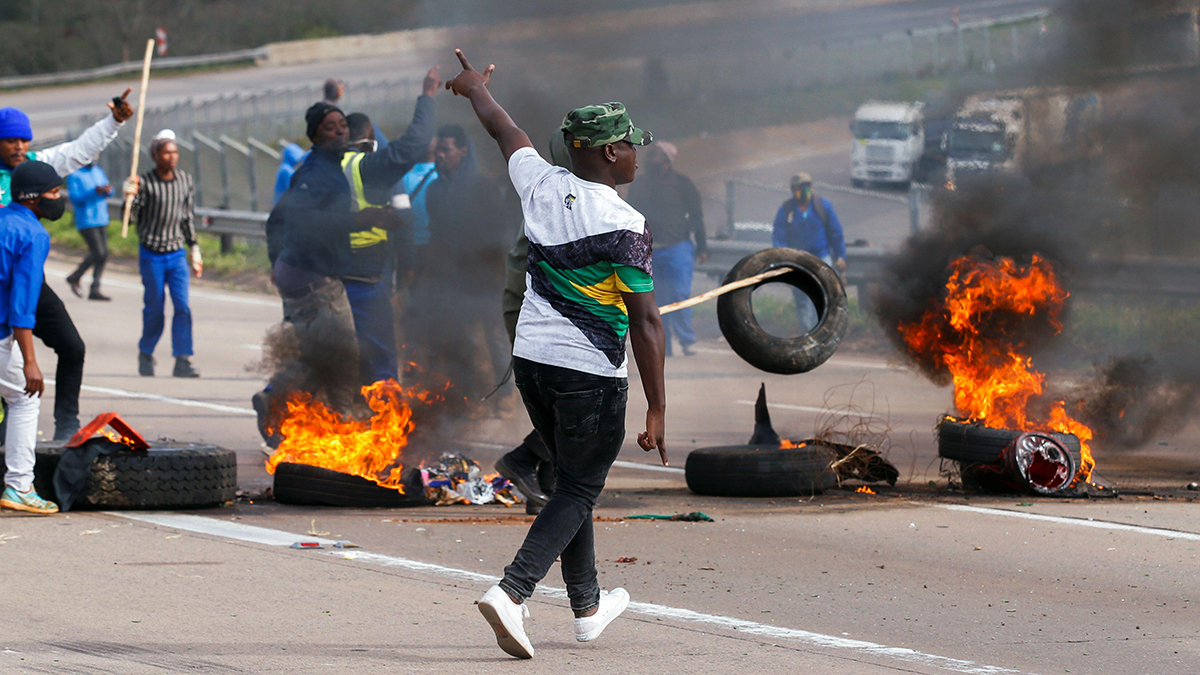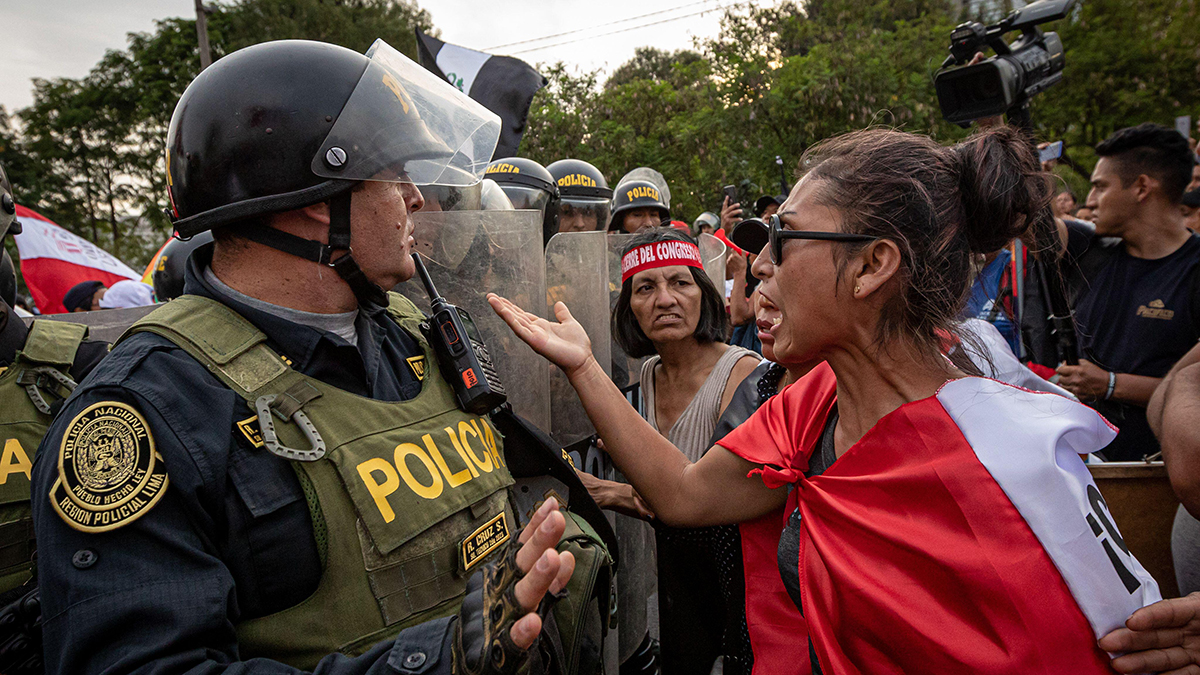Political violence market 'to remain hard'
Chaucer's senior class underwriter a worsening loss environment has seen the property market pull back from offering SRCC insurance, while the cost of living crisis is likely to continue to drive demand
An increased demand for cover has coincided with a growing trend in the property market to exclude strikes, riots and civil commotion cover
The political violence insurance market is likely to continue to harden as the global cost of living crisis continues, a senior underwriter at Chaucer said.
Craig Curtiss, senior class underwriter for political violence, said demand for standalone strikes, riots and civil commotion (SRCC) insurance was increasing and he expected the market to remain hard for the foreseeable future.
“Given the way the cost of living crisis seems to be global, I think we’re going to be in a hardening market for a while,” Curtiss told Insurance Day.
The increased demand for cover has coincided with a growing trend in the property market to exclude SRCC from cover, Curtiss said. “Whereas in the past property markets could have thrown in the SRCC within their package policy, we are seeing a lot more standalone inquiries because of that [removal of cover],” he said.
“From one particular broker, year-on-year we’ve seen double the number of enquiries for standalone political violence cover,” Curtiss added.
This pull-back from the property market has largely been prompted by a worsening loss environment, starting with the 2019 Chilean protests and followed by the 2021 protests in South Africa and then the war in Ukraine.
Curtiss said while the property market would often withdraw SRCC cover from loss-affected territories, in the past year there has been a trend among some treaty markets to exclude the peril completely.
Chaucer has also noticed an uptick in events in Europe, which Curtiss attributes to both the inflationary environment and subsequent cost of living crisis and to growing political polarisation.
“We’re aware of the SRCC risk in places like Latin America or Africa because we’ve had that experience of losses, but Europe has always been seen as a benign area for this type of peril. I think this is changing,” he said, adding the business was “keeping a close eye on the US presidential elections for 2024”.
Political unrest was something clients in Europe and the US “probably didn’t think too much about”, with the focus in these regions more on terrorism risk. “Now, they’re having to think a bit more about the wider scope of perils,” he said.
There is still capacity for SRCC in the specialty markets, Curtiss said, although the appetite of some syndicates has dampened. “As for Chaucer, we’re here and ready to offer terms for those clients in the difficult areas,” he said. “We built a book based around writing anything from the nice business to the hairy business and we paid losses out.”
He continued: “Some syndicates are probably taking a different view on the political violence book now following the Ukraine war because historically it’s always been a well-performing book of business and then you get a war with a big loss.”
Curtiss added Chaucer’s loss in Ukraine was underweight compared with its market share. “We took a view following the annexation of Crimea in 2014 and didn’t go big in Ukraine,” he said, adding more generally the re/insurer was careful to keep its book balanced and avoided becoming overweight in any particular peril or territory.



